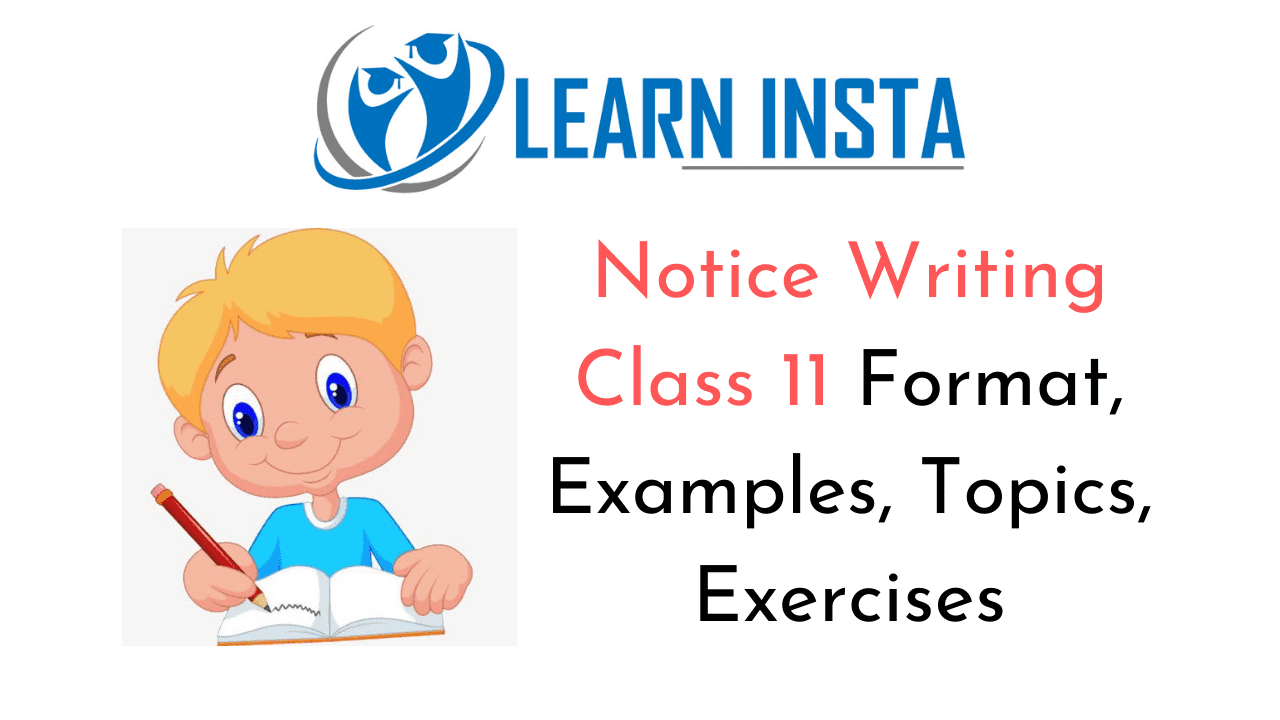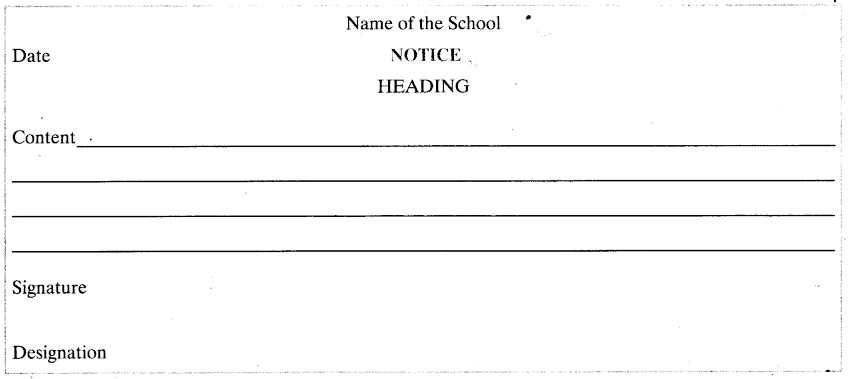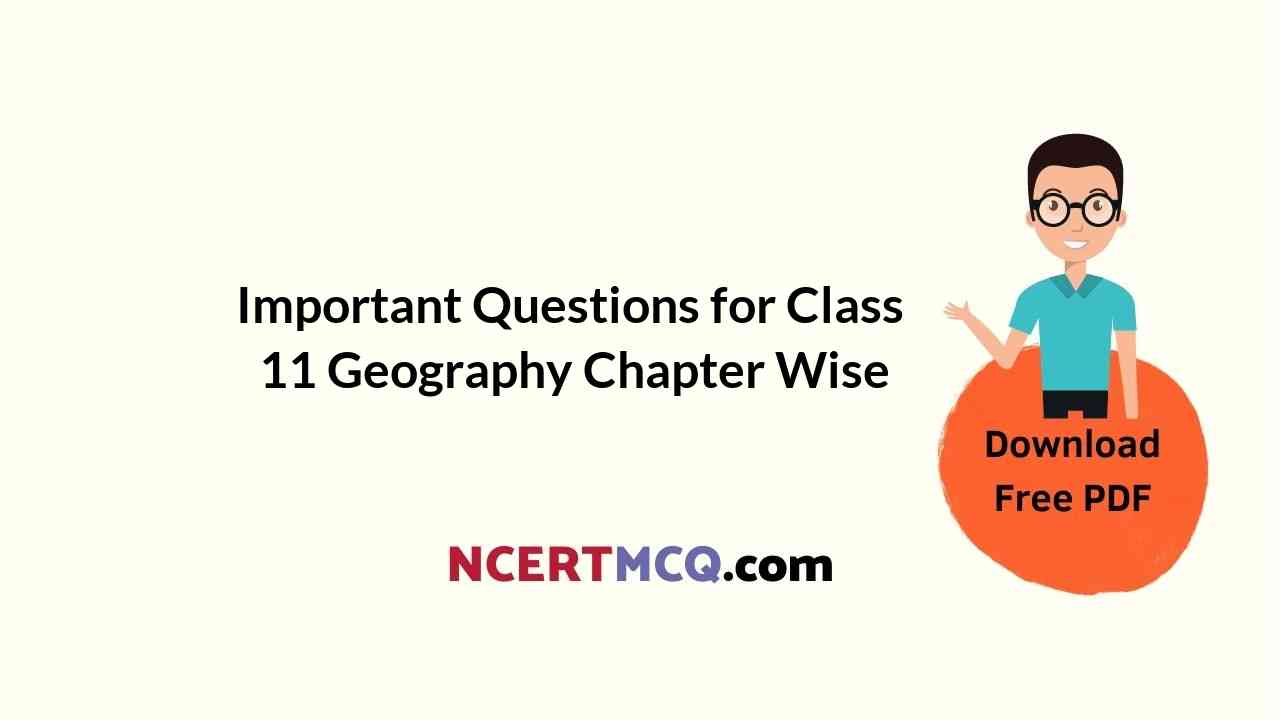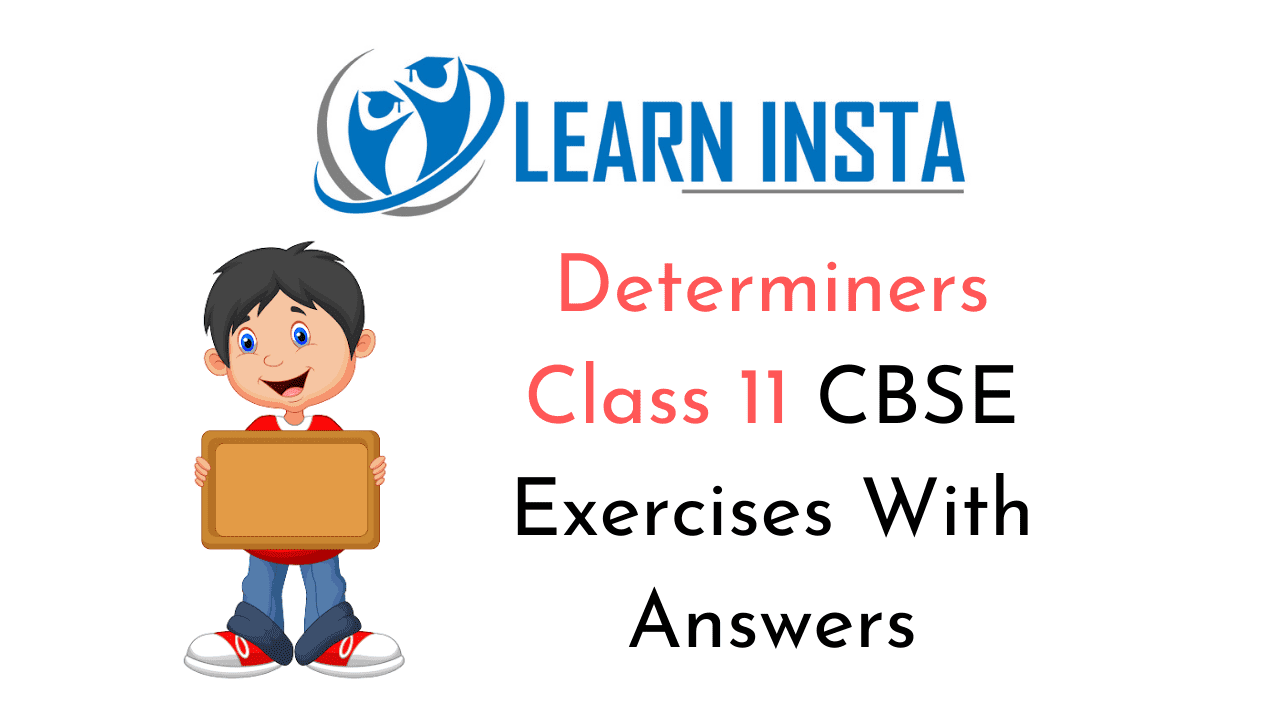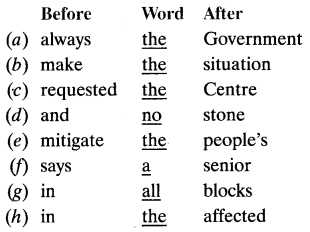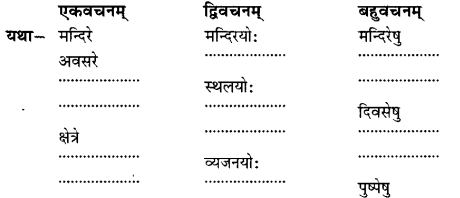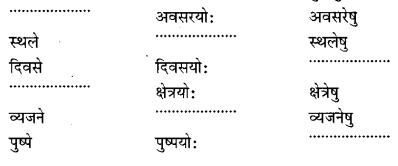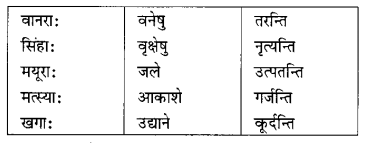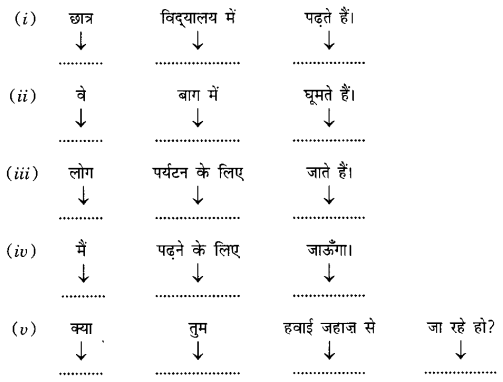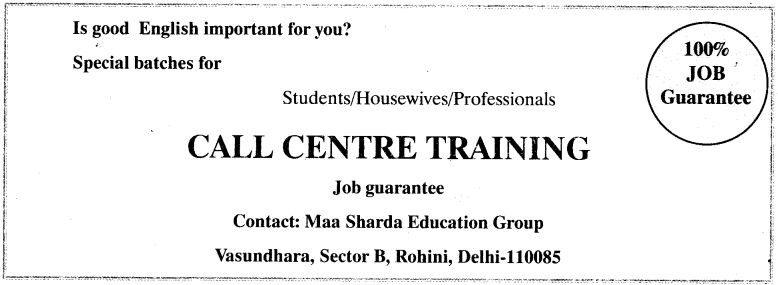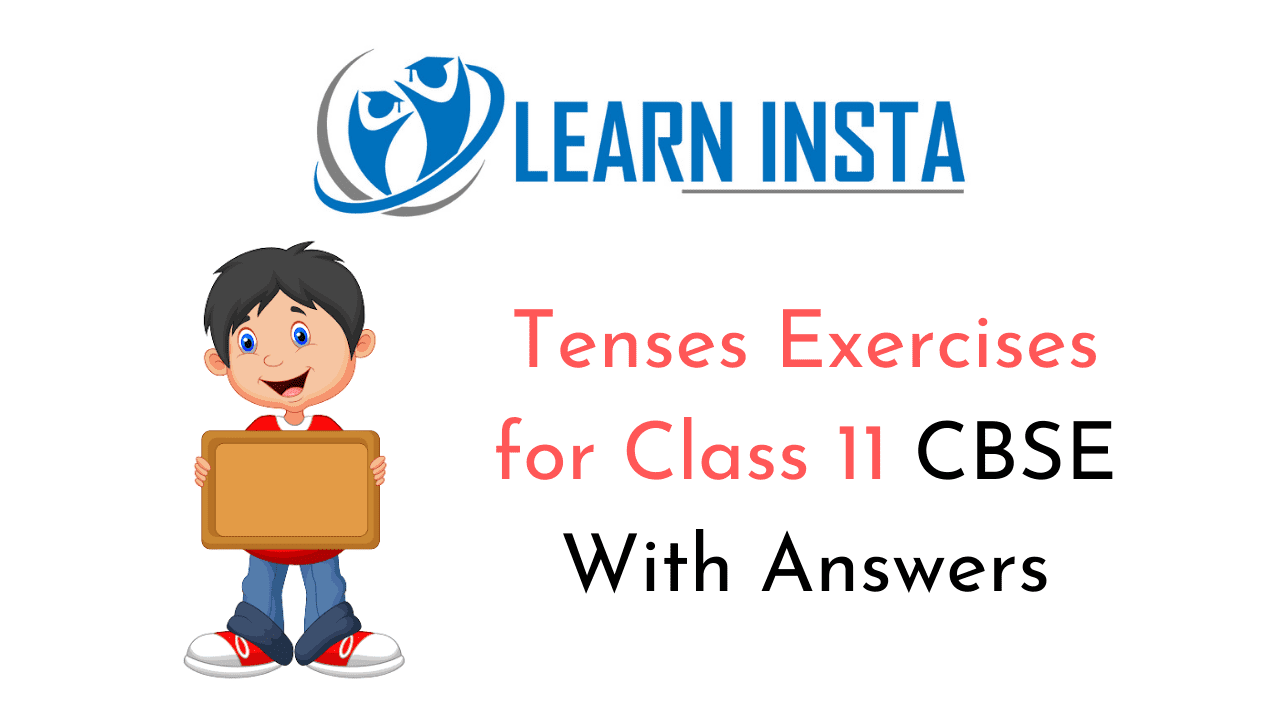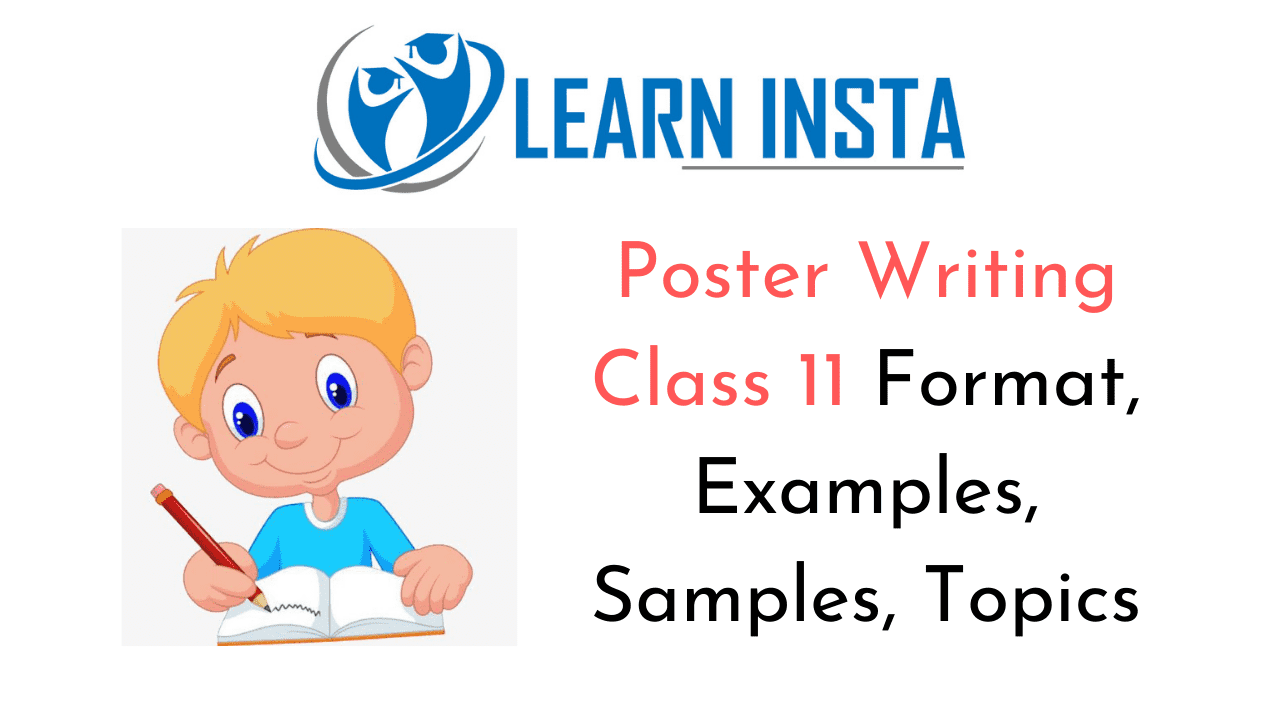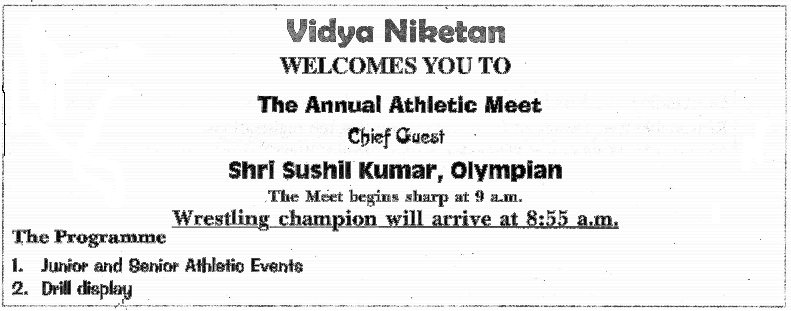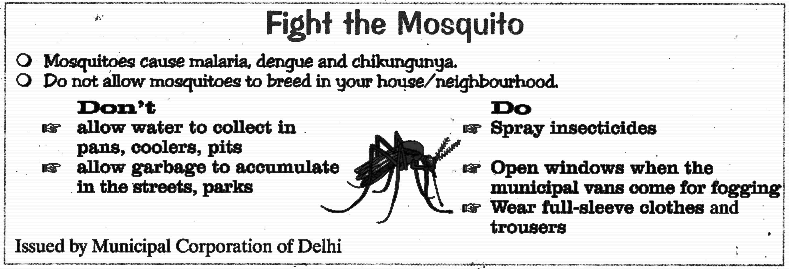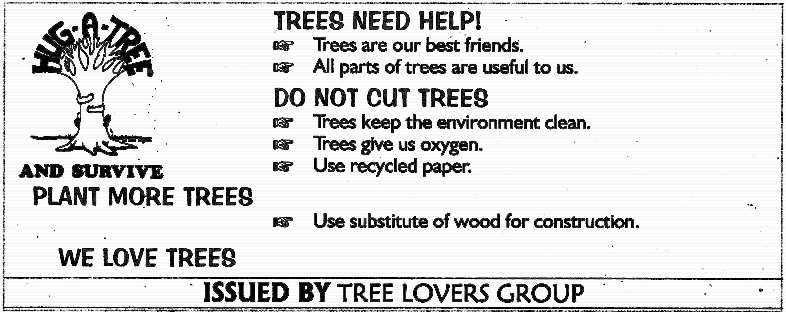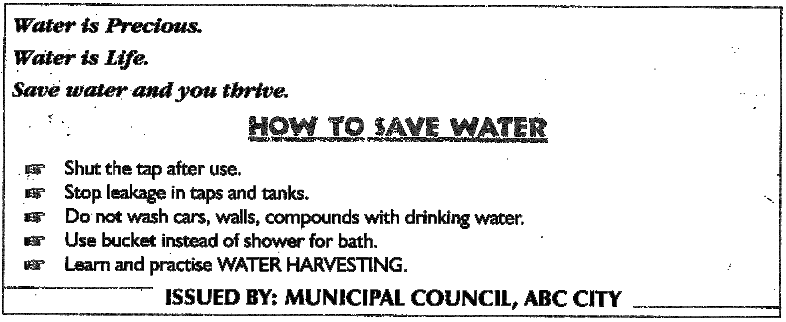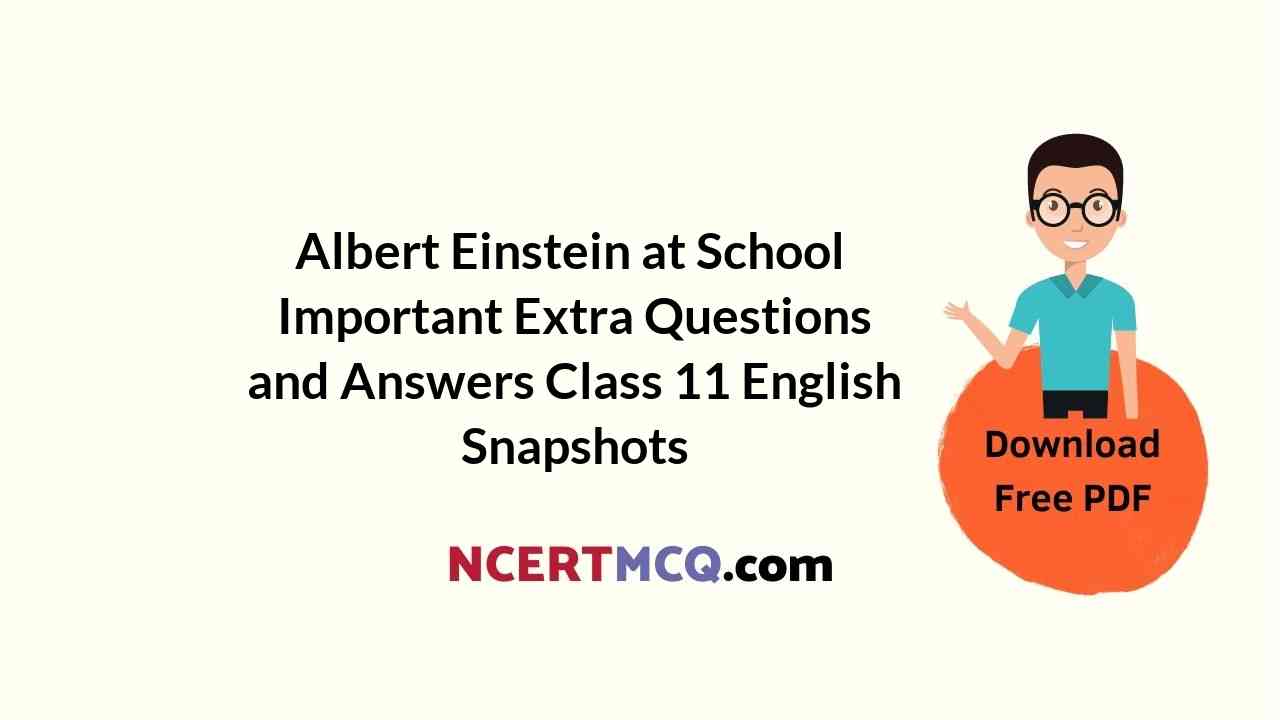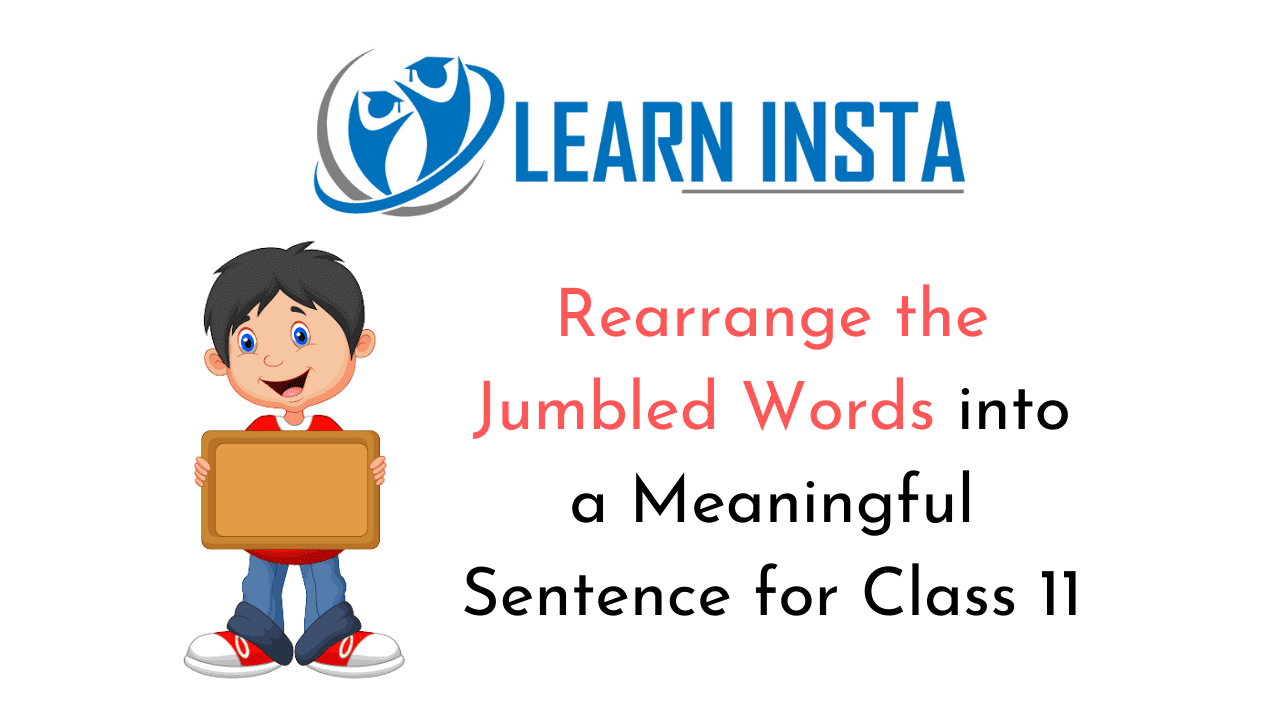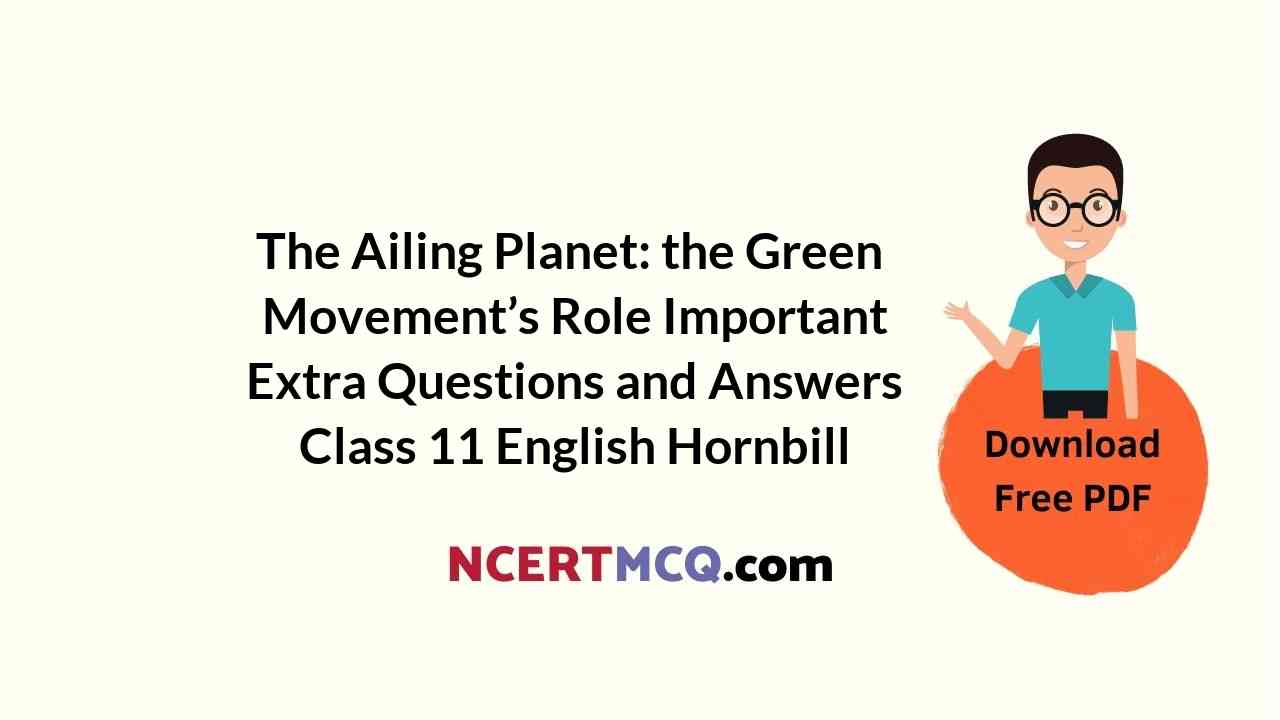Here we are providing Online Education NCERT Solutions for Class 11 English Hornbill Poem 3 The Voice of the Rain. Students can get Class 11 English The Voice of the Rain NCERT Solutions, Questions and Answers designed by subject expert teachers.
Online Education The Voice of the Rain NCERT Solutions for Class 11 English Hornbill Poem 3
The Voice of the Rain NCERT Text Book Questions and Answers
The Voice of the Rain Think it out
Question 1.
There are two voices in the poem. Who do they belong to? Which lines indicate this?
Answer:
The two voices in the poem are that of the poet or narrator and of the rain. The first two lines indicate the two speakers. The poet questions the gentle rain “And who art thou?” and much to his surprise it gives him an answer, that he translates.
Question 2.
What does the phrase “strange to tell” mean?
Answer:
The phrase “strange to tell” could suggest
- that the poet is surprised to receive an answer from the rain,
- the poet is surprised at the answer. It is something that he had not really given a thought to.
Question 3.
There is a parallel drawn between rain and music. Which words indicate this? Explain the similarity between the two.
Answer:
There is a similarity between rain and music; it is indicated in the last two lines of the poem. The rain takes a full circle and comes back to its creator, just like the song that originates from its birthplace and after travelling around the earth, comes back to its place of origin.
Question 4.
How is the cyclic movement of rain brought out in the poem? Compare it with what you have learnt in science.
Answer:
In the poem, the rain chalks out its course from the sea or earth to the heaven and then back. In the process, it changes form. The water cycle follows the same course—evaporation, condensation and precipitation.
Question 5.
Why are the last two lines put within brackets?
Answer:
The last two lines are put within brackets because they are not a part of the dialogue between the narrator and rain. It is the similarity that the poet establishes between a song and rain.
Question 6.
List the pairs of opposites found in the poem.
Answer:
- rise – descend
- changed – same
- land – sea
- reck’d – unreck’d
- vaguely – formed
- lave – droughts
- wandering – returns
- latent/unbom – life
II. Notice the following sentence patterns.
1. And who art thou? said I to the soft-failing shower.
2. I am the Poem of Earth, said the voice of the rain.
3. Eternal I rise
4. For song…duly with love returns Rewrite the above sentences in prose.
Answer:
Rewrite the above sentences in prose.
- I asked the gently falling rain, “Who are you?”
- The voice of the rain said, “I am the poetry of the Earth.”
- I ascend from the earth without end.
- Like the song that originates from its birthplace and after completion, travels around the earth, whether one takes heed of it or not, and then comes back to its place of origin with love.
III. Look for some more poems on the rain and see how this one is different from them.
Langston Hughes poem “April Rain Song” similarly chooses to discuss the impact of rain on life. It beautifully describes rain as “silver liquid drops” playing a sleep song on the roof. While Hughes’s poem is a celebration of rainfall, and expresses his love for rain, Whitman’s poem describes a dialogue between the poet and the rain, where rain articulates its cycle of life beginning and ending with its origin.
(Answers will vary)
